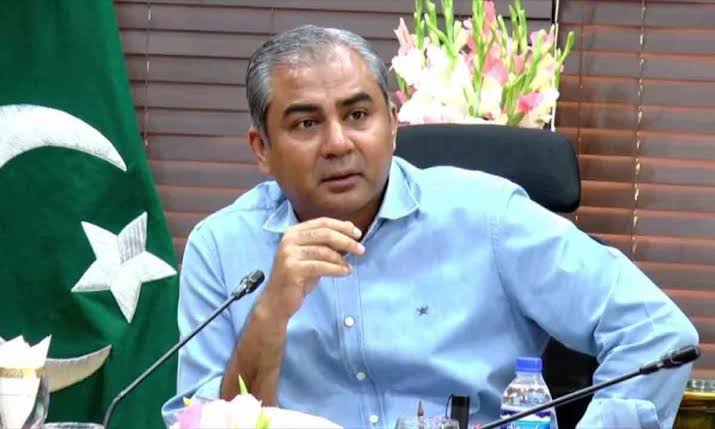There isn’t a novel way to restate what science has proven: vaccination with an mRNA product, including a booster dose for those who are eligible, remains the most effective way to prevent severe hospitalization and death due to COVID-19, or that consistent use of surgical masks reduces viral transmission. This week, the Supreme Court weighed in on the constitutionality of vaccine-or-test mandates. But is the question really about what the court deems legal or illegal? For an emergency physician bearing witness to the suffering and mortality impacting the most vulnerable among us, the critical question is more pragmatic: will we universally accept that it is our collective responsibility to care about other people?
Given that those opposed to public health measures often cite personal freedom as an absolute, it is necessary to point out that Abraham Lincoln sought to safeguard equal access to “life, liberty, and the pursuit of happiness” by offering the following expectation for individual responsibility: “the crux of preserving a civil society is for each individual to be the standard-bearer of the universally applicable ideals essential for governing a body of people.” I believe service, empathy, and gratitude encompass these ideals.
Service
Military history provides an illustrative example of service. The Roman Phalanx was a matrix of heavily armed infantry with overlapping shields, and standing shoulder to shoulder several ranks deep with a common goal: to advance on the enemy in concert. Unlike hand-to-hand combat, a soldier’s likelihood of survival was directly connected to the actions of the combatants surrounding him. The formation illustrates Marcus Aurelius’s words, ” — to harm another person, or allow harm to another person, is to hurt yourself.” Our consistent masking, social distancing, vaccination, symptom monitoring, and quarantine convey identical benefits and consequences.
Empathy
The complexities of adjudicating personal freedoms begin by acknowledging a truth about the human condition aptly stated by the band Old Crow Medicine Show: “We are all in this thing together, walking a line between faith and fear.” Underneath those words is empathy propelling behaviors that convey such a profound understanding of another’s circumstances that the implicit elegance of the gesture is best described as “art.” Hence “the art of medicine” and “the art of caring,” summarizing the ideal behaviors of physicians and nurses respectively. The urgency of our circumstances requires a pragmatic definition: Empathy is the subtle art of giving a damn about other people.
Gratitude
When we ask, “when will we get back to normal?” and feel disappointment or fear, gratitude shifts our perspective. I am thankful for the scientists who developed mRNA vaccines. I am grateful for everyone keeping the lights on and the doors open at the hospital and vaccination center. I appreciate teachers, nurses, and administrators in our schools. I am thankful for people who ask questions about the vaccine — they remind me to listen before speaking, demonstrate accountability, evaluate new information, and answer fairly and without judgment. When I drove home from work this morning, I was grateful for the still-sparkling holiday lights peeking out through the snow and for the reminder to have faith in a brighter future. Each example is rooted in the actions of others and exemplifies the definition of freedom written by David Foster Wallace: “The really important type of freedom involves attention, and awareness, and discipline, and effort, and being able truly to care about other people and to sacrifice for them, over and over, in myriad petty little unsexy ways, every day.”
Lincoln reminds us that our constitutional rights are not free of obligations or responsibilities. Regardless of the Supreme Court’s decision, our public health efforts and response are currently thwarted by a disparity in how we think and talk about our obligations and responsibilities to each other. Fixing that can’t be legislated. The evolution of human civilization demonstrates that a group’s likelihood of success in response to an existential threat is directly connected to the ability to balance personal liberty and moral duty to take care of one another. Maintaining a civil society in those circumstances requires universal acceptance that the “life, liberty, and the pursuit of happiness” we cherish be attuned with service, empathy, and gratitude.
Michael Schmitz, DO, MS, is Medical Director of York County EMA and an emergency department physician with Southern Maine Health Care.
Note: This article have been indexed to our site. We do not claim legitimacy, ownership or copyright of any of the content above. To see the article at original source Click Here












